Russia has said it is closely monitoring developments following reports that the United States may be considering military intervention in Nigeria.
The Russian Foreign Ministry’s spokeswoman, Maria Zakharova, disclosed this during a press briefing in Moscow on Friday, in reaction to U.S. President Donald Trump’s recent statement that he had directed the Pentagon to draw up military options to “protect Christian communities” in Nigeria.
Zakharova cautioned Washington against any unilateral action, urging the U.S. to adhere strictly to international law in addressing security concerns in the West African nation.
“We are closely monitoring this issue and call on all parties involved to strictly comply with international legal norms,” she said, responding to a question from Anadolu News Agency.
President Trump, on November 1, had announced that the United States was exploring possible military measures against terrorist groups operating in Nigeria, following reports of killings and attacks targeting Christian communities.
His remarks have since sparked global reactions, with concerns that such a move could violate Nigeria’s sovereignty and escalate tensions in the region.
The U.S. President’s statement came despite earlier reports by American officials acknowledging that terrorist groups in Nigeria have also killed more Muslims than Christians over the years.
Russia’s statement is seen as part of its broader policy of opposing Western military involvement in Africa, particularly in nations where Moscow has sought to deepen diplomatic and security cooperation.
Meanwhile, Zakharova also expressed Russia’s “grave concern” over the alleged violation of ceasefire agreements along the Israeli-Lebanese border, reiterating Moscow’s commitment to promoting peace and stability in the Middle East.
“We continue to engage with Israeli and Lebanese sides, emphasizing the need to avoid steps that could trigger another round of armed conflict,” she said.
The development comes amid growing international attention on Nigeria’s internal security challenges, with both Western and Eastern powers taking increasing interest in how the country manages terrorism and religious conflicts.
Do you want to share a story with us? Do you want to advertise with us? Do you need publicity for a product, service, or event? Contact us on WhatsApp +2348183319097 Email: platformtimes@gmail.com
We are committed to impactful investigative journalism for human interest and social justice. Your donation will help us tell more stories. Kindly donate any amount HERE



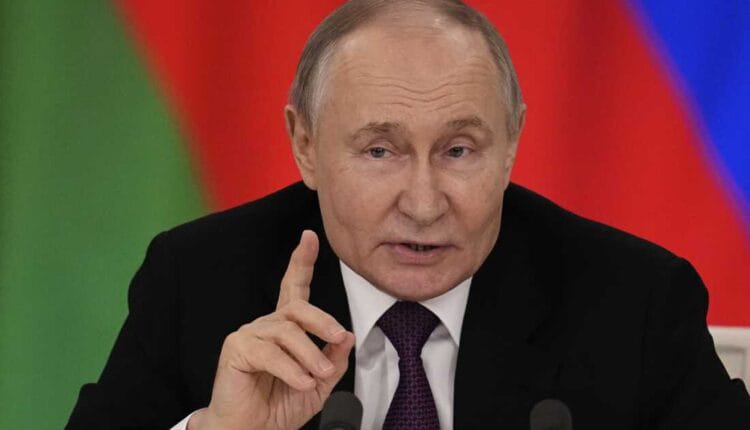








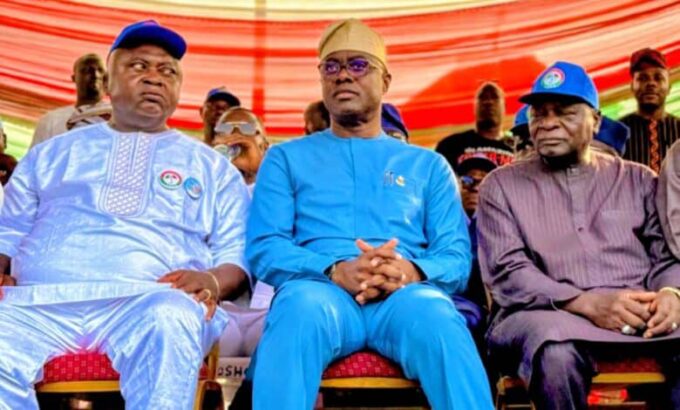
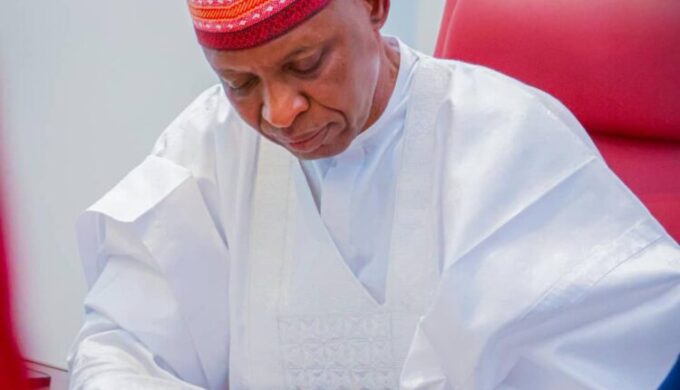
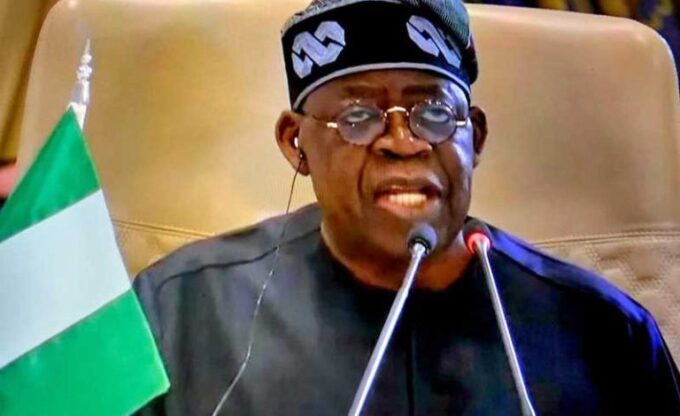
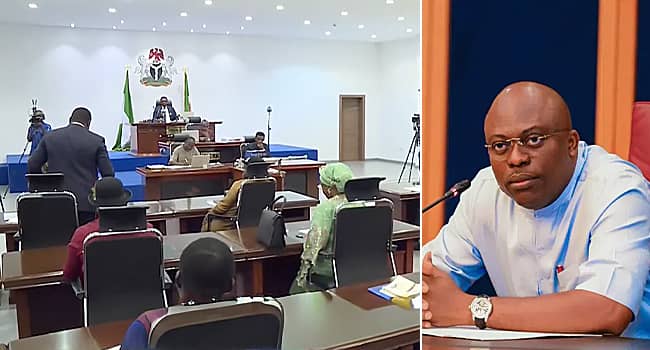





Leave a comment